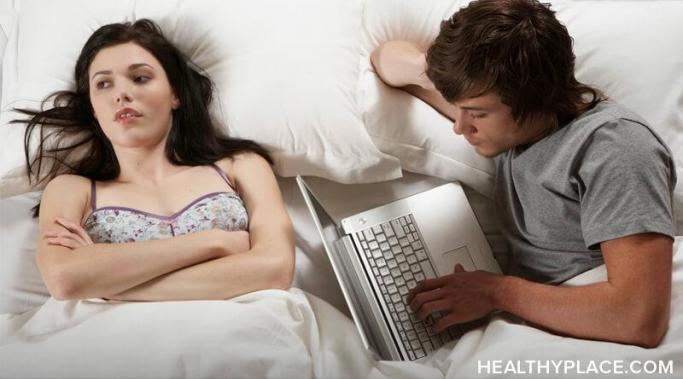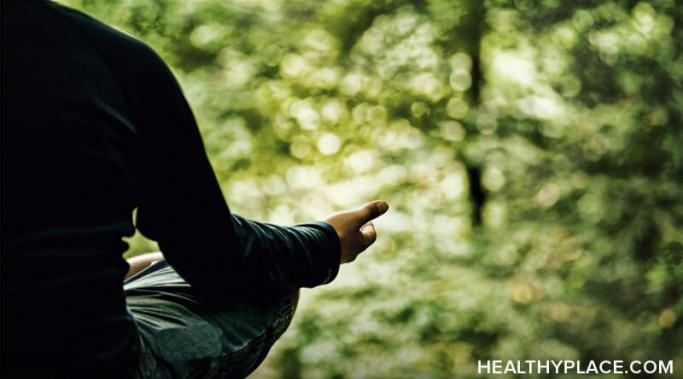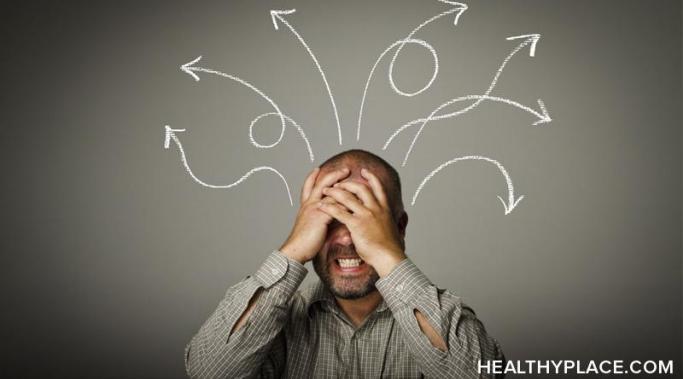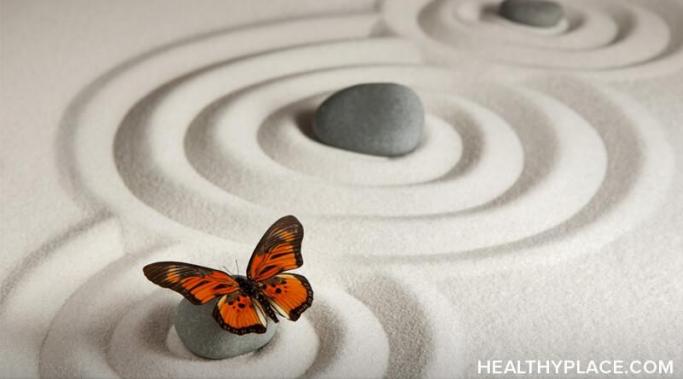I’m sure I’m not the only one who feels an almost permanent sense of inferiority because of my anxiety; if I were to guess, I’d say that’s common across the board for the mentally ill. That sense of inferiority often makes me feel like a hypocrite. After all, on this very blog, I have, from the very beginning, been a vocal proponent for more acceptance towards the mentally ill, both in terms of society at large and among the mentally ill themselves. This sense of inferiority would suggest that I still see myself as somewhat lesser than my mentally healthy counterparts, and there is truth to that. In this blog, I want to explore this in a bit more detail.
Anxiety-Schmanxiety
Anxiety has many nasty effects, one of which can be making us too nice or too passive. I'm guilty of this. While I do consider myself to be genuinely kind and considerate, I often take this characteristic a bit too far, putting my own thoughts and emotions aside and even altering my actions for the sake of others. If you find yourself doing much more giving and very little "taking," read on for a look at how anxiety can make us too passive and a few tips on how to begin the process of picking yourself up off the doorstep of life.
It’s the middle of the summertime, and every day is hot and humid. I hate this time of year; I find this kind of weather so anxiety-provoking and draining.
Do you know how to meditate when your anxiety won't let you be still? Recently, I wrote about mindfulness meditation for anxiety. Because it's so powerful and yet so frustrating, I'm returning to the topic of how to meditate to expand on it further--helping you to learn how to meditate despite anxiety.
I talked a little about cleaning in my last video and the cathartic effects I find in giving away things I don’t really need. I feel as though a discussion on the benefits of minimalism to curb anxiety is a natural segue way from what came before. I think for anyone with anxiety, trying as best you can to live as minimally as possible is the only healthy way to be.
While knowing the exact cause of your anxiety isn't necessary to overcome it, understanding what's underlying your worries and fears can help you address the causes of anxiety and provide insight into what might be holding you back from living a full life unencumbered by anxious thoughts, feelings, and behaviors. Now we'll look at five ways you can address these anxiety causes to start to take back your life.
Anxiety can be miserable and frustrating to live with, and many people who experience it want to know what the common causes of anxiety might be. While the answer isn't always straightforward (worry and fear, after all, are complex conditions with multiple causes and contributing factors that are different for each individual), there are some common anxiety causes. Knowing what they are can help you identify what might be increasing your own anxiety. Then, you can address them as part of your process of beating anxiety.
It's natural to wonder how to protest if you have anxiety. The protests resonate with us, but it's difficult to go out and raise your voice in solidarity when you live with anxiety.
While it's too soon for an official poll to have been conducted regarding the mental health effects of George Floyd's death and the subsequent riots, it seems that our levels of anxiety and stress have taken another significant blow. With so much uncertainty and chaos in the world, it makes perfect sense to experience anxiety. That doesn't mean, however, that we're all powerless to regain personal control. You can use the following strategies to help your anxiety during this time of chaos and uncertainty.
Near where I live, there are a couple of little boxes where people can leave books they wish to donate, as well as take any books they may find interesting. Over the past few weeks, I’ve given away quite a number of books to these boxes, and in the process, I’ve felt a great sense of relief and catharsis.









